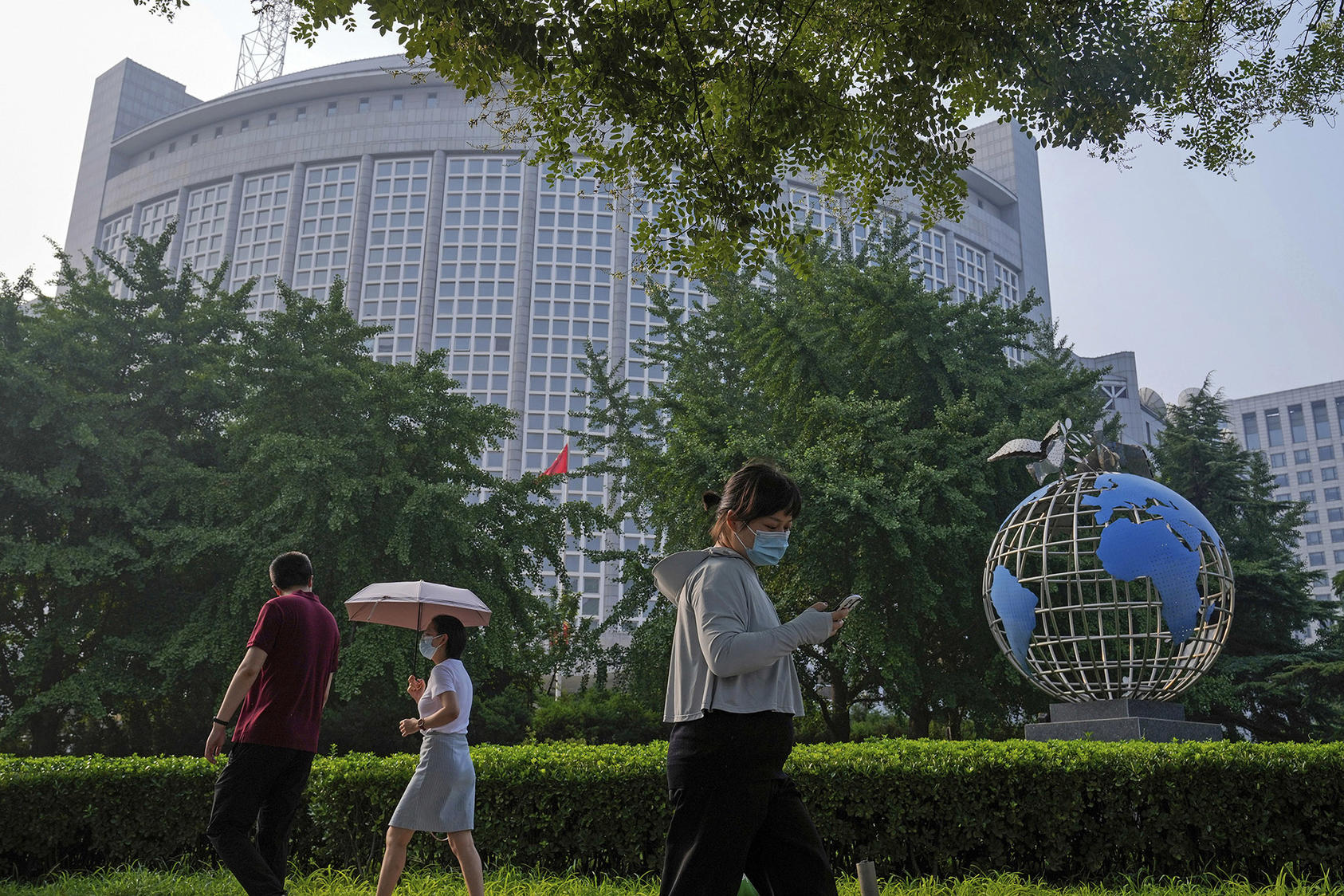China and the Reshaping of Global Conflict Prevention Norms
As China has become a more powerful and influential actor—economically, politically, and militarily—it has demonstrated growing interest in playing a larger role in international conflict prevention and influencing established norms. This report examines Beijing’s approaches and efforts in this area, focusing on three case studies: funding projects through the UN, “Sinocentric” regional organizations, and ties with Solomon Islands. The report finds that China’s efforts around conflict prevention have a coherence that requires a similarly coherent response from the United States.

Summary
For a decade or more, the People’s Republic of China (PRC) has shown a growing interest in playing a larger role in preventing and mitigating regional conflict and instability. This ambition is being pursued through a variety of avenues, from funding streams for UN projects to promoting its own security norms through regional organizations and providing security assistance to countries in the Global South.
China’s evolving operational approach is embedded in larger systemic and structural principles and norm-shaping efforts underway as part of the country’s overall strategy in relation to international security. China’s approach appears on track to influence established conflict prevention norms in ways that align more favorably with China’s preferences for a strong state, noninterference, and domestic stability and security.
Whereas China traditionally stressed that economic development is the most important factor to achieve stability and prevent conflict, today, the “securitization” of PRC foreign policy broadly speaking has accelerated, including in relation to China’s international activities to prevent conflict. China’s own domestic policy thinking, which has increasingly raised the salience of “security first” as a means of addressing internal tensions and instabilities, is being exported both in rhetoric and action at the systemic, structural, and operational levels.
China’s efforts to shape conflict prevention norms focus primarily on government-to-government engagement, either bilaterally or multilaterally. There seems to be little room in the PRC calculus for engagement with community organizations, opposition forces, or domestic and international nongovernmental organizations as part of a holistic conflict prevention process. China seeks to diffuse its conflict prevention approach through intergovernmental organizations, including the United Nations and regional bodies in which China plays a leading role. This strategy is designed to win international legitimacy for its preferred norms and practices. China’s conflict prevention activities are also focused on its periphery and the Global South more broadly, where China has significant economic and political stakes.
China’s activities have a coherence that requires a similarly coherent response from the United States—one that is calibrated to address current and evolving challenges, is responsive to the needs of conflict-affected countries, and is flexible enough to address the systemic, structural, and operational dimensions of China’s growing role in conflict prevention.
About the Report
This report examines China’s influence on established global conflict prevention norms. It finds that China’s approach rests on noninterference and strong state capacity to deliver domestic stability embedded in international norm-shaping efforts underway as part of China’s overall strategy in relation to global security. Commissioned by the United States Institute of Peace, the report builds on the Institute’s extensive study and practice of conflict analysis and prevention, and its research on China’s influence on conflict dynamics around the world.
About the Authors
Carla P. Freeman is a senior expert for China at the United States Institute of Peace. Bates Gill is the executive director of the Center for China Analysis at the Asia Society Policy Institute, a senior associate fellow with the Royal United Services Institute, and an honorary professor at Macquarie University. Alison McFarland is a program specialist for research with USIP’s China program.



